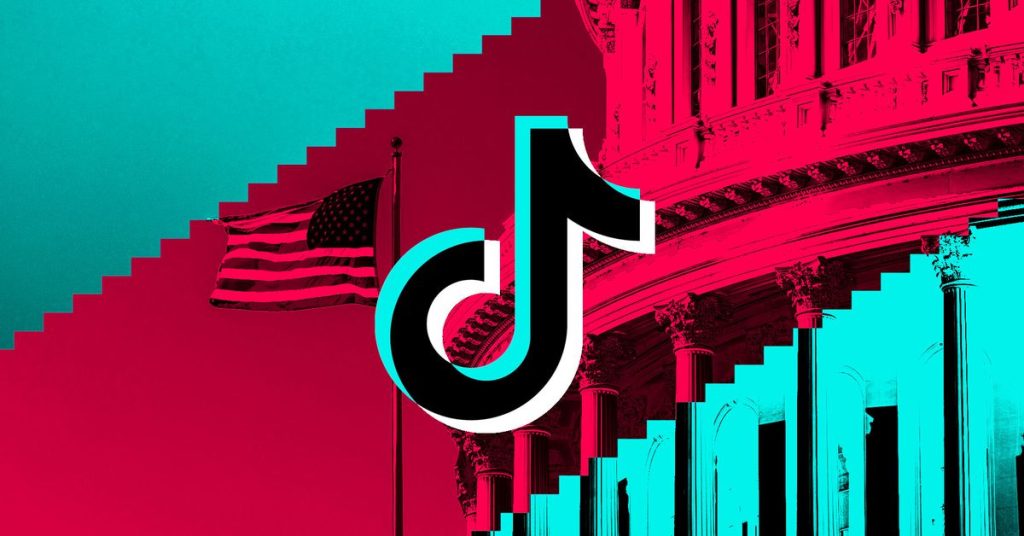TikTok says that the government didn’t adequately consider viable alternative options before charging ahead with a law that ” spelled out their case for why they believe the new law violates the First Amendment. The court is set to hear oral arguments in the case on September 16th, just a few months before the current divest-or-ban deadline of January 19th, 2025.
The ” and the fact that ” — both because they fear that the Chinese government could access US user information due to the company’s China-based ownership and because they fear ByteDance could be pressured by the Chinese government to tip the scales on the algorithm to spread propaganda in the US. TikTok denies that either is happening or could happen in the future, saying its operations are separate from ByteDance’s.
The broad strokes of TikTok’s arguments have already been “, where a specific group of employees in TikTok’s US data operations could access the source code in a secure computing environment. According to the slide deck, no ByteDance employees would be allowed in the space.
TikTok called the law “unprecedented,” adding, “[n]ever before has Congress expressly singled out and shut down a specific speech forum. Never before has Congress silenced so much speech in a single act.”
Courts usually apply a standard known as strict scrutiny in these kinds of speech cases — the government must have a compelling interest in restricting the speech, and the restriction must be narrowly tailored to achieve its aim.
TikTok claims that Congress has left the court “almost nothing to review” when scrutinizing “such an extraordinary speech restriction.” The company says Congress failed to produce findings to justify its reasoning behind the law, leaving only the statements of individual members of Congress for the court to go off of. (Many of those statements are included “.
The company also said that CFIUS, which was tasked with evaluating its risk mitigation plan in the first place, did not provide a substantive explanation for why it took such a hard line on divestment in March 2023. TikTok claims that when it explained why divestment wasn’t possible and asked to meet with government officials, it received “no meaningful responses.” CFIUS and the DOJ did not immediately respond to requests for comment.
TikTok has said it’s already implemented much of its plans voluntarily through its $2 billion Project Texas
The text of the draft National Security Agreement that TikTok presented to CFIUS was included in an appendix that was filed in court. The draft included proposed changes like the creation of ” about how effective that project really is for national security purposes. In a report in Fortune from April, former TikTok employees said the project was “largely cosmetic” and that workers still engage with China-based ByteDance executives.
Regardless, the court will have to consider whether the US government should have considered a less speech-restrictive route to achieving its national security aims, and TikTok says it should have. “In short, Congress reached for a sledgehammer without even considering if a scalpel would suffice,” TikTok wrote in its brief. “It ordered the closure of one of the largest platforms for speech in the United States and left Petitioners — and the public —to guess at the reasons why a wide range of less speech-restrictive alternatives were disregarded. The First Amendment demands much more.”
